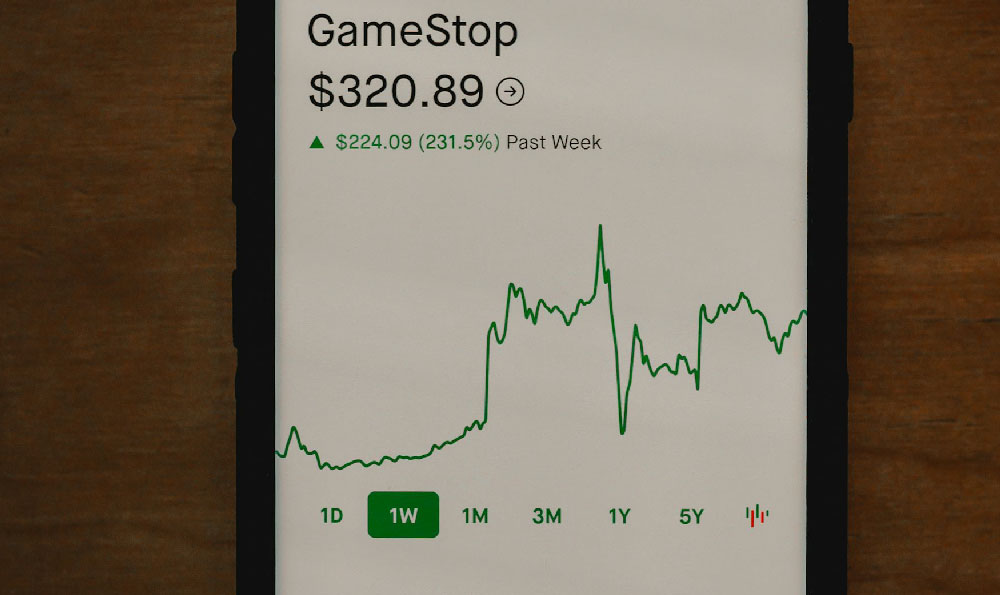How Much Revenue Does Call of Duty Generate: Profit or Loss?
Call of Duty, a name synonymous with first-person shooter dominance, consistently tops sales charts and captivates millions worldwide. But beyond the visceral thrill of victory, lies a complex financial ecosystem. To truly understand whether Call of Duty generates profit or loss, we need to delve into the intricate layers of revenue streams, development costs, marketing expenditures, and the ever-evolving landscape of the gaming industry.
Let's begin with the revenue side. The primary source of income is, undoubtedly, game sales. Call of Duty titles, released annually (though this model is shifting), are priced at premium levels, typically around $60-$70. Given the sheer volume of copies sold – consistently hitting tens of millions within the first few weeks of release – this contributes significantly to the overall revenue. However, focusing solely on initial sales paints an incomplete picture.
Microtransactions are a critical component of Call of Duty's financial success. Modern titles incorporate in-game stores offering cosmetic items, weapon blueprints, experience boosts, and other virtual goods. These microtransactions, though often controversial among players, generate a substantial and consistent stream of revenue long after the initial sales peak. The "free-to-play" model, exemplified by Call of Duty: Warzone, relies heavily on microtransactions. While the base game is free to download and play, players are incentivized to purchase cosmetic items to personalize their characters and weapons. The widespread adoption of Warzone, coupled with its robust microtransaction system, has become a major revenue driver for the franchise.

Beyond direct sales and microtransactions, Call of Duty benefits from other, less visible, revenue streams. Licensing deals, for instance, allow companies to use the Call of Duty brand and imagery on merchandise, apparel, and other products. These licensing agreements contribute a steady flow of income. Furthermore, the Call of Duty League, a professional esports league centered around the game, generates revenue through sponsorships, broadcasting rights, and ticket sales. The league not only provides a competitive outlet for top players but also enhances the brand's visibility and attracts new audiences.
Now, let's turn our attention to the cost side. Game development is an incredibly expensive undertaking. Creating a Call of Duty title requires a massive team of developers, artists, designers, programmers, and quality assurance testers working for several years. The costs associated with salaries, software licenses, hardware, and office space can easily reach hundreds of millions of dollars.
Marketing costs are another significant expense. Activision Blizzard, the publisher of Call of Duty, invests heavily in advertising and promotion to generate hype and drive sales. Marketing campaigns often involve television commercials, online advertisements, social media campaigns, influencer partnerships, and in-game promotions. The goal is to reach a wide audience and convince potential players to purchase the game. These marketing budgets routinely climb into the tens, if not hundreds, of millions of dollars.
Maintaining a live service game, like Call of Duty: Warzone, also incurs ongoing costs. Server infrastructure, technical support, and content updates require continuous investment. The need to combat cheating, address bugs, and release new content on a regular basis demands a dedicated team of developers and engineers. These maintenance costs, while less significant than the initial development costs, contribute to the overall financial burden.
Finally, factors like royalty payments, distribution fees, and other operational expenses further erode the profit margin. Royalties are typically paid to the platform holders (e.g., Sony, Microsoft) for each copy of the game sold on their consoles. Distribution fees are charged by retailers for stocking and selling the game. These expenses, though relatively small compared to development and marketing costs, still need to be accounted for.
So, after considering all these factors, does Call of Duty generate profit or loss? The answer, overwhelmingly, is profit. While the development and marketing costs are substantial, the revenue generated from game sales, microtransactions, licensing deals, and esports far outweighs the expenses. Call of Duty remains one of the most lucrative franchises in the gaming industry, consistently delivering significant profits for Activision Blizzard.
The degree of profitability, however, can fluctuate from year to year. The success of a particular Call of Duty title depends on various factors, including the quality of the game, the effectiveness of the marketing campaign, and the competitive landscape. A poorly received game or a poorly executed marketing campaign can negatively impact sales and reduce profitability. Similarly, the emergence of new and popular games can steal market share and erode Call of Duty's dominance.
Moreover, the gaming industry is constantly evolving. The rise of mobile gaming, the increasing popularity of free-to-play games, and the growing importance of online communities are all trends that are reshaping the landscape. Call of Duty needs to adapt to these changes to remain competitive and maintain its profitability. This means exploring new business models, developing innovative gameplay features, and engaging with players in meaningful ways.
In conclusion, while the specific profit margins are closely guarded by Activision Blizzard, it's safe to say that Call of Duty is a massive money-making machine. The combination of premium game sales, lucrative microtransactions, and diverse revenue streams generates substantial profits for the company. However, this success is not guaranteed. To maintain its profitability, Call of Duty needs to continue to innovate, adapt to changing market conditions, and deliver high-quality experiences that resonate with players. The future of the franchise depends on it.















